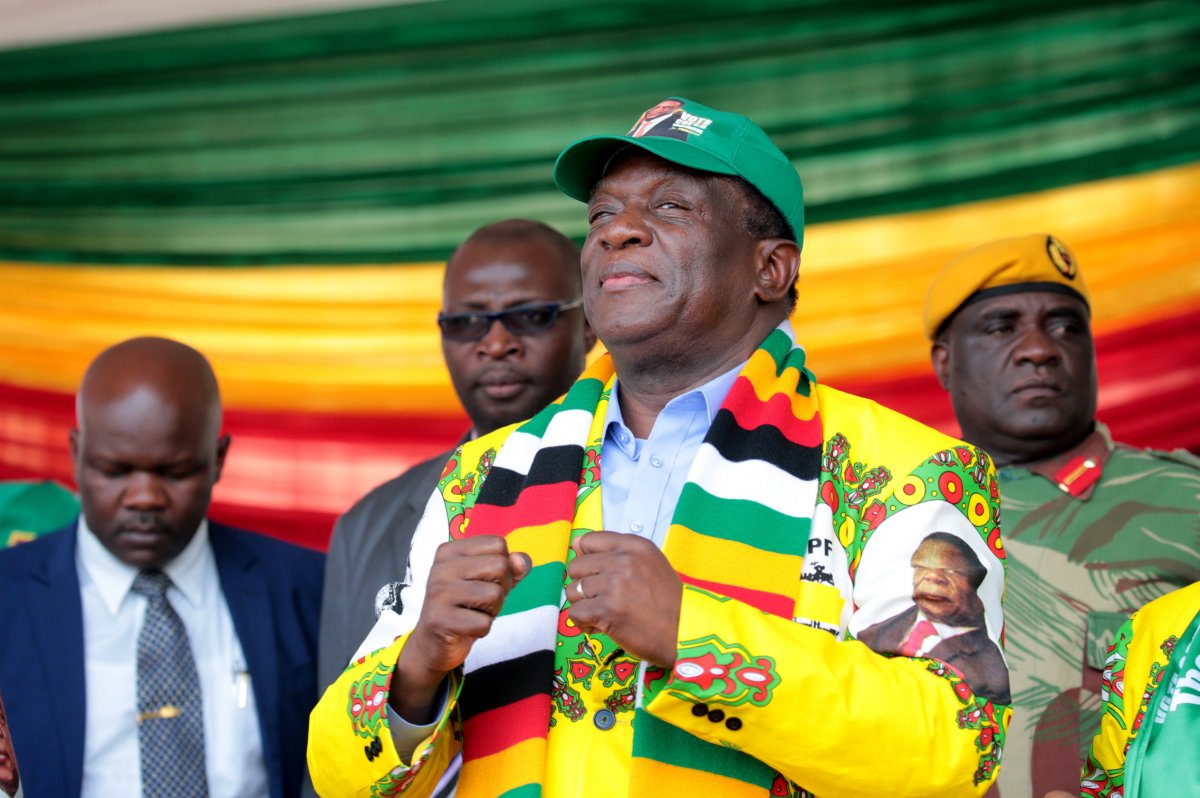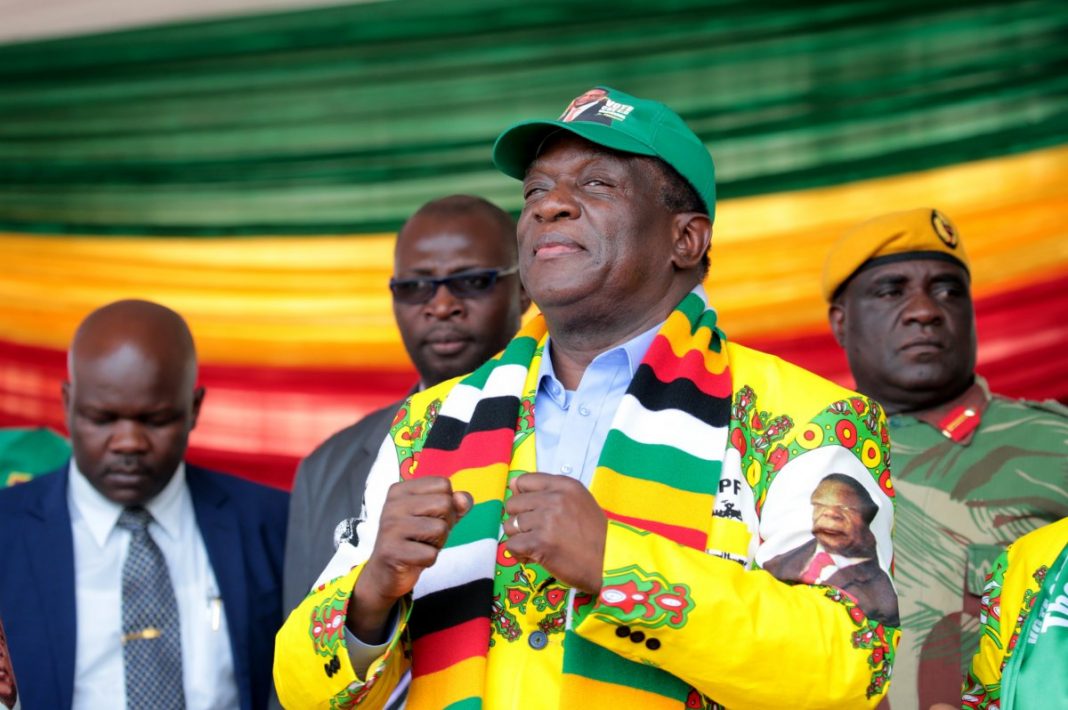
Dec. 12 (UPI) — The U.S. Treasury Department has sanctioned four Zimbabwean individuals and two Zimbabwean businesses for their ties to “corrupt elites.”
The Treasury Department’s Office of Foreign Assets Control announced the sanctions on Monday against designated individuals Sandra Mpunga, Nqobile Magwizi, Obey Chimuka and Emmerson Mnangagwa, Jr., along with Fossil Agro and Fossil Contracting.
“We urge the Zimbabwean government to take meaningful steps towards creating a peaceful, prosperous and politically vibrant Zimbabwe, and to address the root causes of many of Zimbabwe’s ills: corrupt elites and their abuse of the country’s institutions for their personal benefit,” said Under Secretary of the Treasury Brian Nelson.
“The goal of sanctions is behavior change. Today’s actions demonstrate our support for a transparent and prosperous Zimbabwe,” Nelson added.
OFAC designated Mpunga, Magwizi, Fossil Agro, Fossil Contracting and Chimuka for their ties to Kudakwashe Tagwirei and his company, Sakunda Holdings. OFAC said Tagwirei used his relationships with high-level Zimbabwean officials to gain state contracts and access hard currency, including U.S. dollars. In return, OFAC said Tagwirei provided high-priced items, such as expensive cars, to Zimbabwean government officials.
Emmerson Mnangagwa, Jr. is President Mnangagwa’s son and has been in charge of the president’s business interests related to Tagwirei.
Fossil Agro has supplied the government of Zimbabwe’s Command Agriculture Program, a state farm subsidy largely financed by Sakunda which has failed to account for billions of dollars in disbursements. Zimbabwe’s government also awarded Fossil Contracting nearly $40 million in contracts last year.
As a result of the sanctions, any property or interests in the United States will be blocked and reported to OFAC. The Zimbabwe sanctions program targets “human rights abusers and those who undermine democratic processes or facilitate corruption,” according to OFAC.
On Monday, OFAC also announced it would remove 17 individuals from the Specially Designated Nationals list because they no longer “undermine Zimbabwe’s democratic processes and institutions.”
Every year, the U.S. government removes hundreds of individuals and entities, following a thorough review, from the SDN list.
